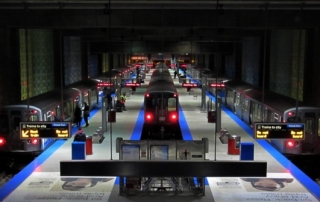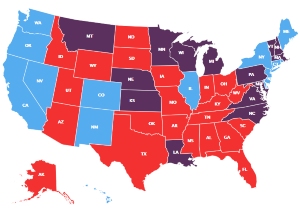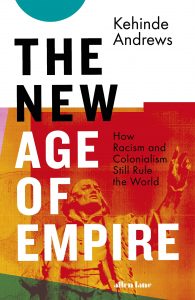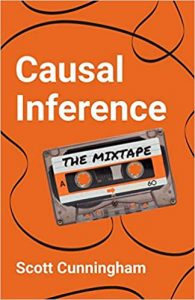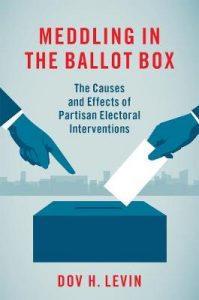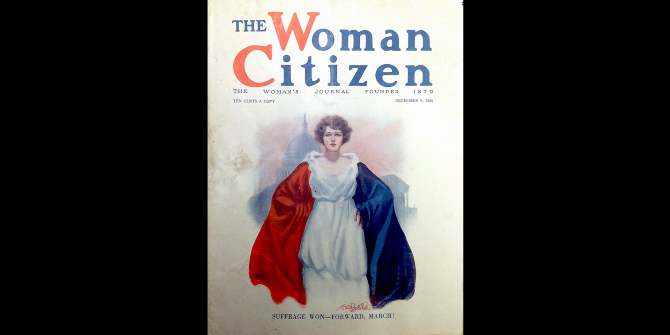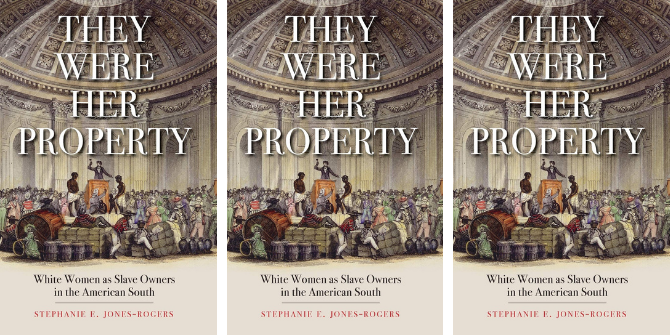Book Review: Why Cities Lose: The Deep Roots of the Urban-Rural Political Divide by Jonathan A. Rodden
Parties of the centre-left in the US, the UK and a number of other countries win legislative power less frequently that their centre-right competitors, relative to the share of the votes they get at elections. This is because of the electoral system deployed in these countries and the geographies of party support. Ron Johnston reviews an important new book, […]









